
Kitale: The Gateway to Kenya's Western Charm
Nestled in the lush greenery of western Kenya, Kitale is a charming town that serves as a gateway to the region's rich cultural and natural attractions. Known for its fertile farmlands and scenic landscapes, Kitale offers visitors a unique blend of agricultural heritage and outdoor adventure. The town is surrounded by rolling hills, forests, and rivers, making it a haven for nature lovers and adventure seekers alike. One of the town's main attractions is the Kitale Museum, which provides an insightful look into the local culture and history. The museum showcases traditional artifacts, indigenous plants, and even a few live animals, giving visitors a comprehensive understanding of the area's heritage. Additionally, the Saiwa Swamp National Park, located just a short drive from Kitale, is home to the rare and elusive Sitatunga antelope. The park's lush wetlands and diverse birdlife make it a must-visit for wildlife enthusiasts. For those interested in agriculture, Kitale is a major hub for Kenya's farming industry. The town hosts the annual Kitale Agricultural Show, where visitors can learn about modern farming techniques and local produce. The surrounding farmlands are also perfect for leisurely drives and tours, offering a glimpse into the day-to-day life of the local farming communities. Whether you're exploring the vibrant market scenes or taking a scenic walk through the countryside, Kitale promises an enriching and memorable experience.
Local tips in Kitale
- Visit the Kitale Museum early in the day to avoid crowds and enjoy a peaceful tour.
- Carry binoculars for bird watching at Saiwa Swamp National Park.
- Attend the Kitale Agricultural Show if your visit coincides with the event for a unique experience.
- Hire a local guide for a more informative tour of the area's natural and historical sites.
- Check the weather forecast and wear comfortable walking shoes for outdoor activities.
Kitale: The Gateway to Kenya's Western Charm
Nestled in the lush greenery of western Kenya, Kitale is a charming town that serves as a gateway to the region's rich cultural and natural attractions. Known for its fertile farmlands and scenic landscapes, Kitale offers visitors a unique blend of agricultural heritage and outdoor adventure. The town is surrounded by rolling hills, forests, and rivers, making it a haven for nature lovers and adventure seekers alike. One of the town's main attractions is the Kitale Museum, which provides an insightful look into the local culture and history. The museum showcases traditional artifacts, indigenous plants, and even a few live animals, giving visitors a comprehensive understanding of the area's heritage. Additionally, the Saiwa Swamp National Park, located just a short drive from Kitale, is home to the rare and elusive Sitatunga antelope. The park's lush wetlands and diverse birdlife make it a must-visit for wildlife enthusiasts. For those interested in agriculture, Kitale is a major hub for Kenya's farming industry. The town hosts the annual Kitale Agricultural Show, where visitors can learn about modern farming techniques and local produce. The surrounding farmlands are also perfect for leisurely drives and tours, offering a glimpse into the day-to-day life of the local farming communities. Whether you're exploring the vibrant market scenes or taking a scenic walk through the countryside, Kitale promises an enriching and memorable experience.
When is the best time to go to Kitale?
Iconic landmarks you can’t miss
Mount Elgon National Park
Discover the breathtaking landscapes and diverse wildlife of Mount Elgon National Park, a tranquil escape for nature lovers and adventure seekers in Kenya.
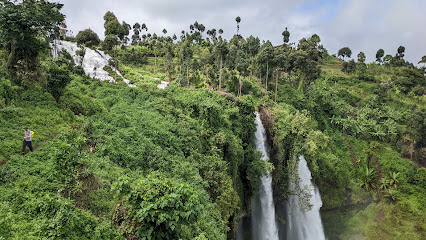
Aturukan Hotel
Experience the charm of Kitale at Aturukan Hotel, where comfort meets authentic Kenyan hospitality in the heart of nature.
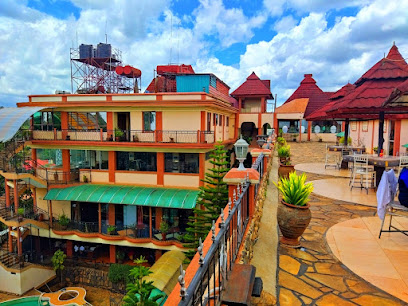
Kitale Club
Experience the tranquil beauty of Kitale Club, a premier golf and country club in Kitale, perfect for relaxation and recreation.
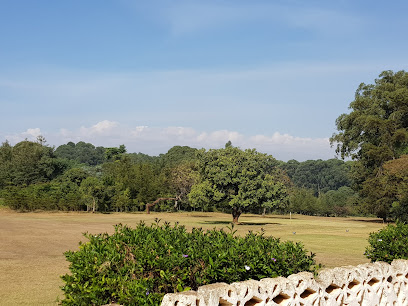
West Side Hotel
Discover comfort and convenience at the West Side Hotel in Kitale, where hospitality meets the vibrant culture of Kenya.
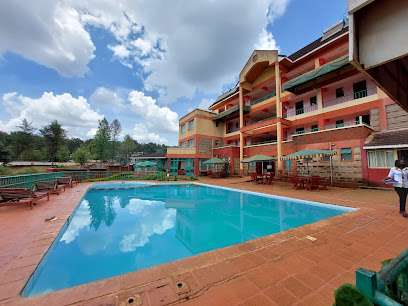
Kitale Museum
Discover the vibrant history and cultural heritage of the Sabaot community at Kitale Museum, a captivating tourist attraction in Kenya.
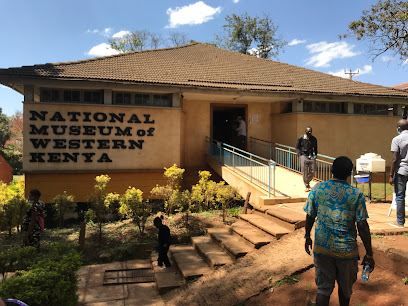
Skynest County Hotel Kitale
Discover comfort and hospitality at Skynest County Hotel, your perfect base for exploring the beauty of Kitale, Kenya.

DeepSea Resort
Discover comfort and tranquility at DeepSea Resort in Kitale, where exceptional hospitality meets the beauty of nature.
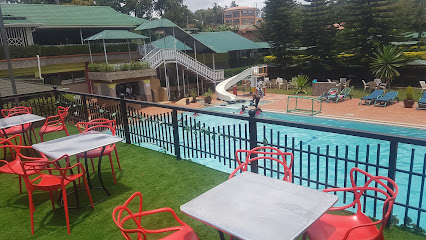
Cranes Suites
Experience tranquil stays with modern amenities at Cranes Suites in Kitale, a blend of comfort and convenience for every traveler.

Iroko Hotels
Experience comfort and local charm at Iroko Hotels in Kitale, where relaxation meets vibrant culture.

Kitale Showgrounds
Discover the heart of agriculture and culture at Kitale Showgrounds, a scenic spot in Kitale, Kenya, rich in community events and local charm.
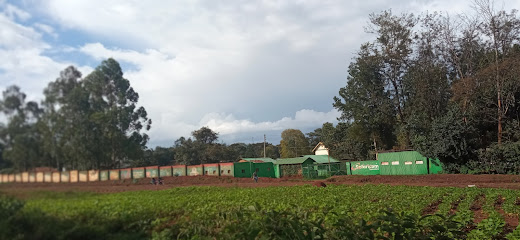
Kitale Nature Conservancy
Explore the stunning landscapes and rich biodiversity at Kitale Nature Conservancy, a serene retreat for nature lovers and adventure seekers.
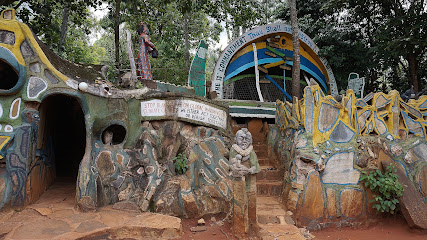
Villa Serene Hotel
Discover the tranquil charm of Villa Serene Hotel in Kitale, your perfect retreat for relaxation and exploration in the heart of Kenya.
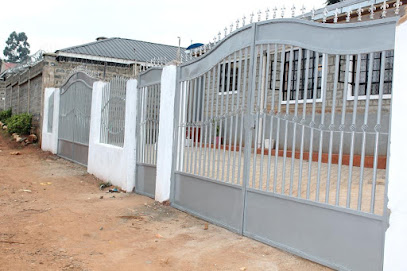
Saiwa Swamp National park
Explore the serene landscapes of Saiwa Swamp National Park, a hidden gem in Kenya, known for its unique wildlife and breathtaking wetlands.
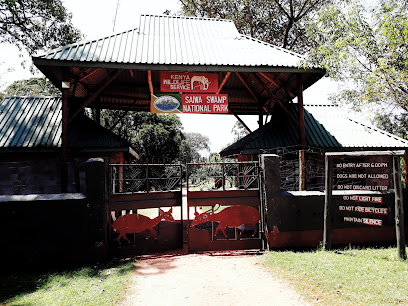
Kitale Golf club
Discover the Kitale Golf Club: A Scenic Retreat for Golf Enthusiasts and Nature Lovers in the Heart of Kenya.
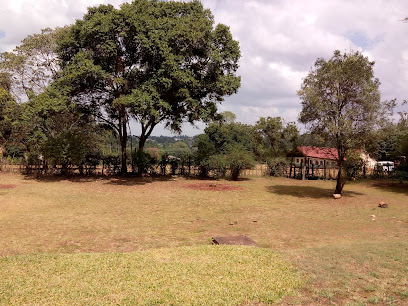
Swara Resort Club
Discover the pulse of Kitale at Swara Resort Club, where vibrant nightlife meets electrifying dance floors and unforgettable moments.
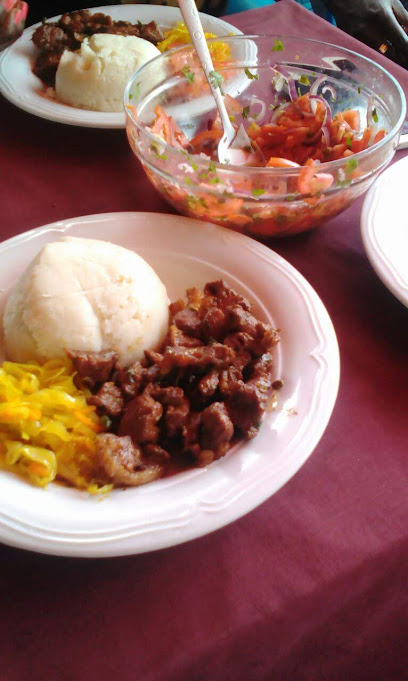
Unmissable attractions to see
Kitale Museum
Explore the historical treasures and cultural stories of Kenya at Kitale Museum, a must-visit attraction for every traveler.
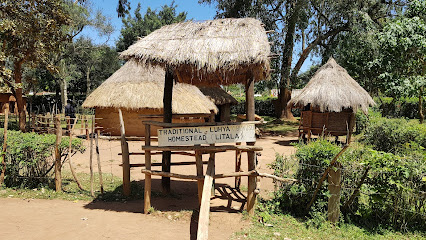
Kitale Nature Conservancy
Explore the breathtaking Kitale Nature Conservancy, a tranquil escape rich in biodiversity and stunning landscapes, perfect for nature lovers.
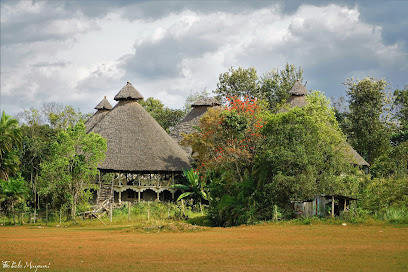
KITALE MUSEUM
Explore the rich biodiversity and cultural heritage at Kitale Museum, a captivating nature preserve in Kenya's picturesque landscape.
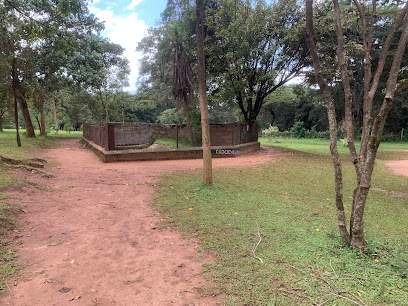
Show Ground Forest
Explore the lush landscapes and diverse wildlife of Show Ground Forest, a serene national forest in Kitale, Kenya, perfect for nature lovers and adventurers.
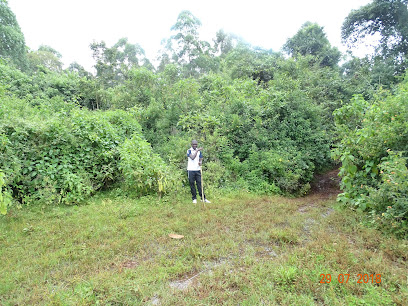
Treasures of Africa
Explore the vibrant cultural heritage of Africa at Treasures of Africa in Kitale, where history and artistry converge in an unforgettable experience.
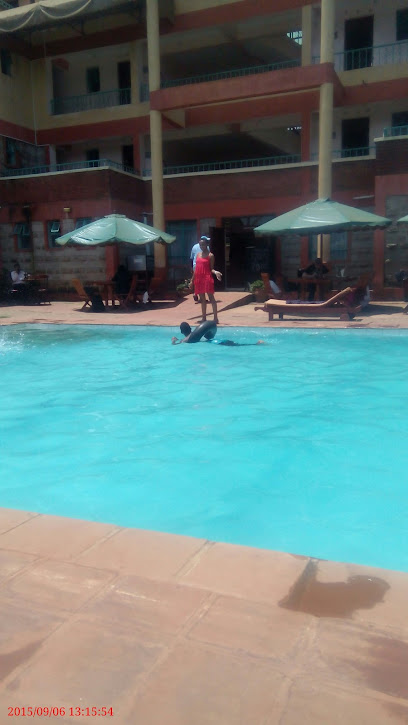
Kitale Museum Nature Walk
Experience the natural beauty and rich heritage of Kitale Museum Nature Walk, a tranquil paradise for nature lovers and history enthusiasts in Kenya.
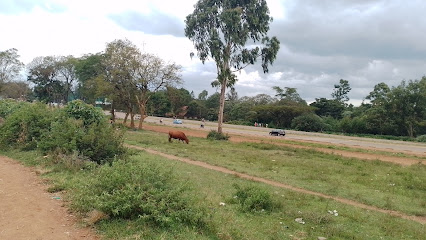
Yes Garden
Discover tranquility and natural beauty at Yes Garden in Kitale, the perfect escape for tourists seeking a serene outdoor experience.
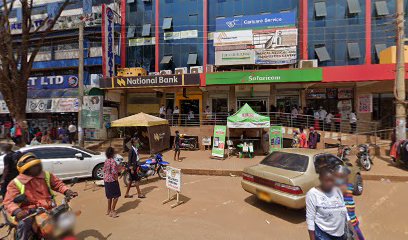
amagoro
Discover the enchanting beauty of Amagoro, a serene garden in Kitale offering lush landscapes and tranquility amidst nature's vibrant flora.
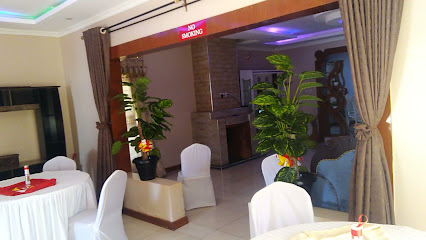
County Park
Discover the serene beauty of County Park in Kitale, a perfect getaway for nature lovers and relaxation seekers.
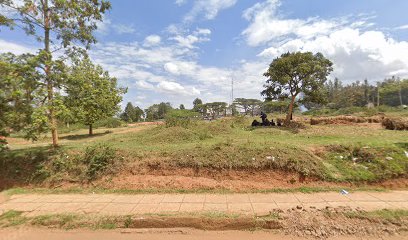
Besiwa Green Environment Movement (Be GEM)
Explore the lush beauty of Besiwa Green Environment Movement (Be GEM) in Kitale, a serene nature preserve dedicated to conservation and adventure.
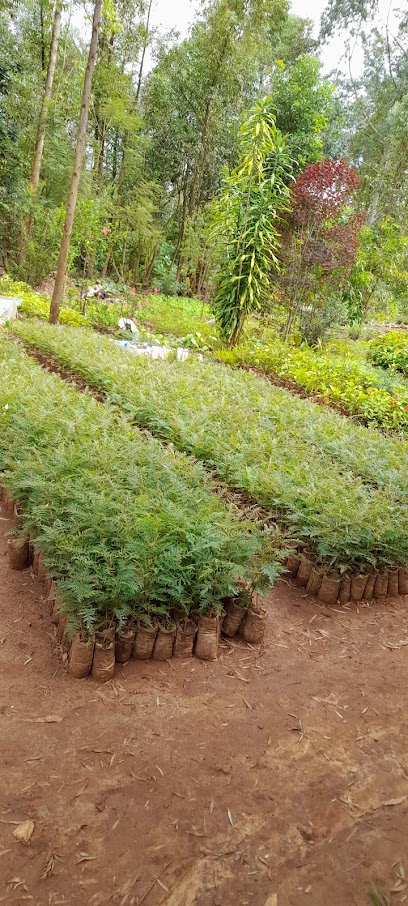
Tanna Garden
Discover the tranquility of Tanna Garden, a serene escape in Kitale, Kenya, surrounded by lush greenery and vibrant blooms.
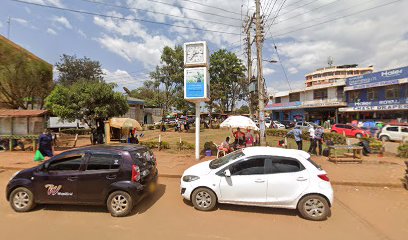
Wamuini dam
Discover the enchanting beauty of Wamuini Dam in Kitale, a serene escape perfect for nature lovers and adventure seekers alike.
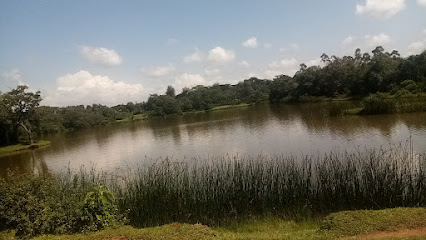
Masinde Muliro Park
Explore the tranquility of Masinde Muliro Park in Kitale, a beautiful green oasis perfect for relaxation, picnics, and enjoying nature's beauty.
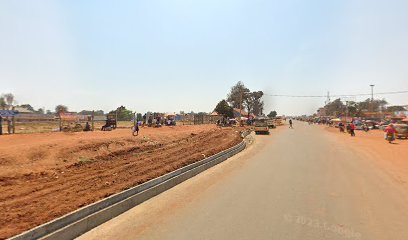
Africa Eco Wilderness Group
Explore the breathtaking landscapes and rich biodiversity at Africa Eco Wilderness Group in Kitale, Kenya, a must-visit destination for eco-tourism enthusiasts.
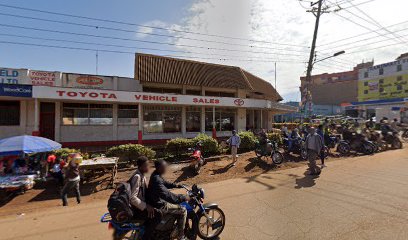
Essential places to dine
Khetia's GigaBite Restaurant KTL
Discover delicious vegetarian cuisine at Khetia's GigaBite Restaurant in Kitale - where local flavors meet innovative dishes.
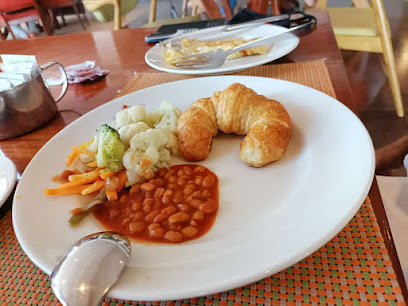
Mega Bytes Restaurant
Discover delicious local and international dishes at Mega Bytes Restaurant in Kitale - where flavor meets hospitality.
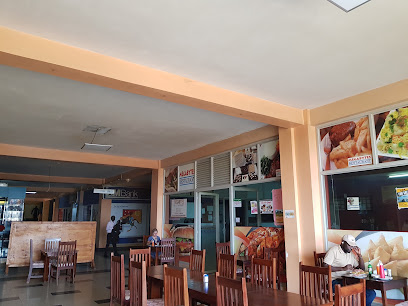
Mama Njuguna Choma Zone
Experience authentic Kenyan cuisine at Mama Njuguna Choma Zone—where every bite tells a story of rich flavors and culinary heritage.
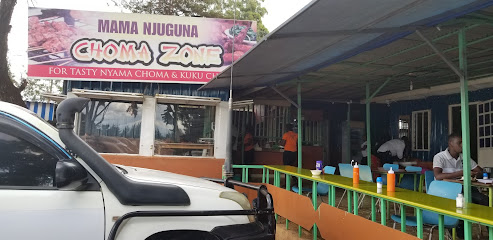
Bridgestone Inn
Discover Bridgestone Inn in Kitale – where delightful local flavors meet exceptional international cuisine in a cozy atmosphere.
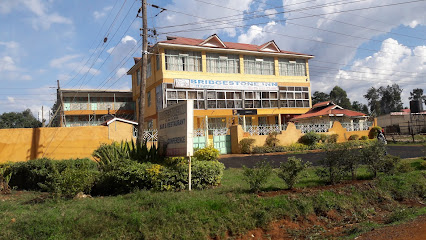
Pazuri Hotel Kitale
Experience authentic Kenyan cuisine blended with international flavors at Pazuri Hotel in Kitale.
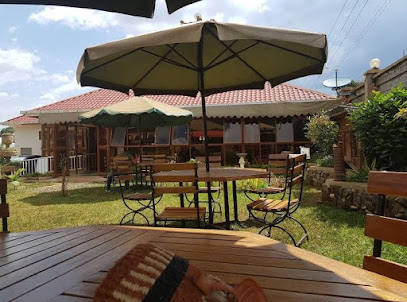
Iroko Boulevard Restaurant
Experience the vibrant flavors of Kenyan cuisine at Iroko Boulevard Restaurant - where tradition meets taste in Kiminini.
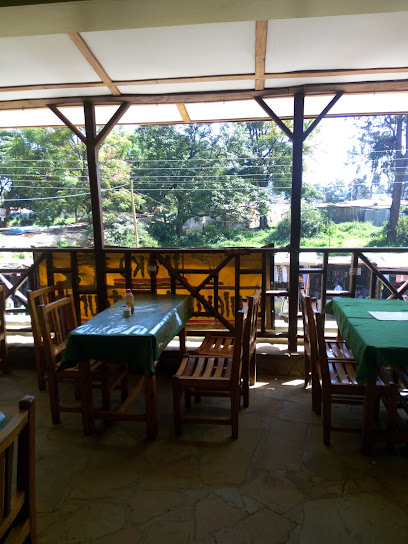
Sarini Bistro
Discover the culinary treasures of Kitale at Sarini Bistro – where local flavors meet international cuisine.
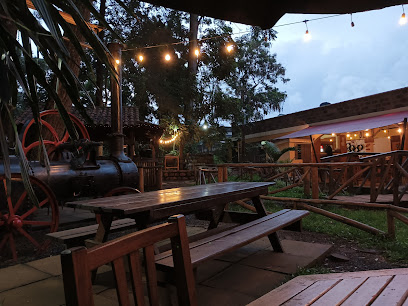
Mimi House
Discover authentic Kenyan cuisine at Mimi House in Kitale – where every meal tells a story.
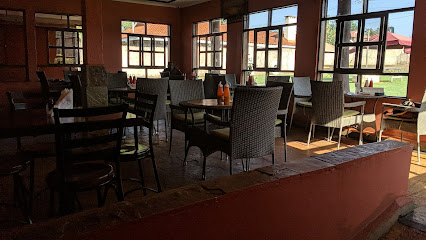
CEOs GRILLE
Discover the best lunch spot and club in Kitale at CEOs GRILLE - where delicious food meets vibrant nightlife.
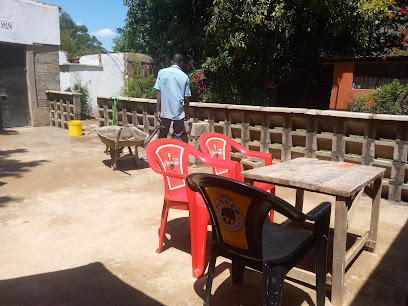
Club Touch On
Discover the vibrant flavors at Club Touch On, Kitale's premier grill restaurant offering delicious meals in a lively atmosphere.

Moonlight Restaurant
Discover delectable local flavors at Moonlight Restaurant in Kitale - where culinary traditions meet modern dining experiences.
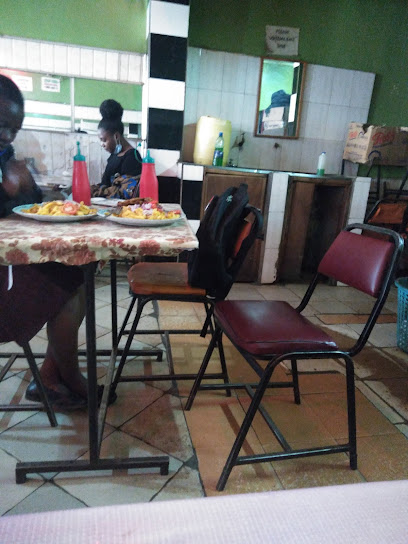
Lilian Hotel
Discover the culinary treasures of Kitale at Lilian Hotel - where local flavors meet global tastes in a warm atmosphere.
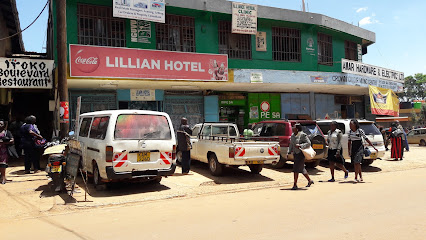
Heritage Gardens
Experience delectable grilled cuisine amidst the lush landscapes of Heritage Gardens in Kitale - a perfect retreat for food lovers.
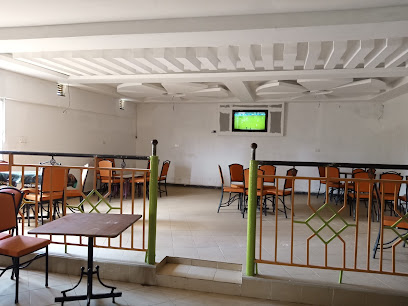
Eureka choma zone hotel
Experience authentic Kenyan cuisine at Eureka Choma Zone Hotel in Kitale, famous for its mouthwatering Nyama Choma and welcoming atmosphere.
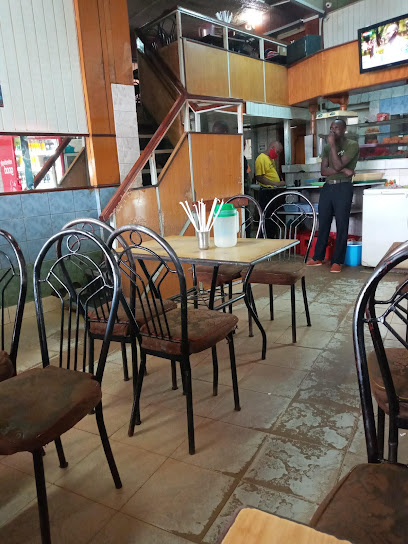
Luciano Restaurant
Experience authentic flavors at Luciano Restaurant in Kitale, where local ingredients meet international culinary artistry.
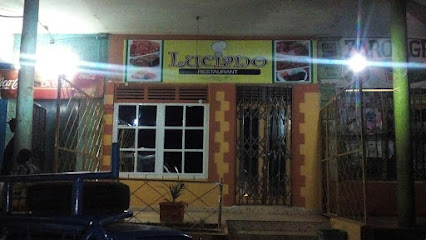
Markets, malls and hidden boutiques
Khetia's Gigamart
Explore Khetia's Gigamart in Kitale for a diverse range of groceries, local products, and a unique shopping experience that captures the essence of Kenya.
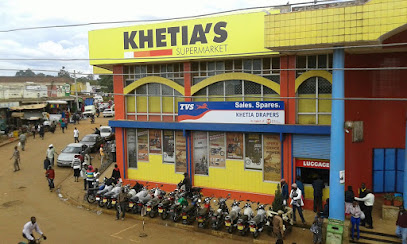
Khetia's Plus Branch
Discover Khetia's Plus Branch in Kitale: Your go-to hypermarket for local shopping, quality products, and a taste of Kenyan culture.
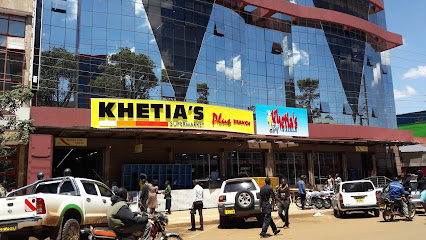
Quickmart
Explore Quickmart in Kitale for a diverse shopping experience offering fresh produce and local products in a modern supermarket setting.
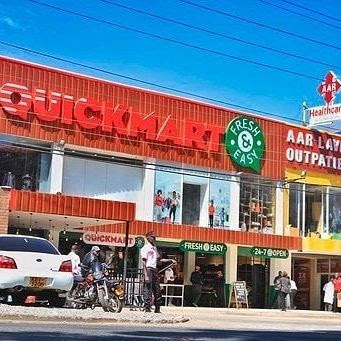
Suam Hardware Ltd
Discover the ultimate hardware shopping experience in Kitale at Suam Hardware Ltd, where quality meets exceptional customer service.
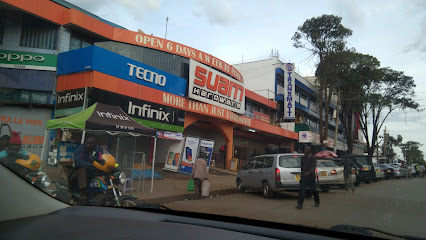
Ebby Towers
Experience the best of shopping at Ebby Towers, Kitale's vibrant outlet mall, where culture meets retail therapy.
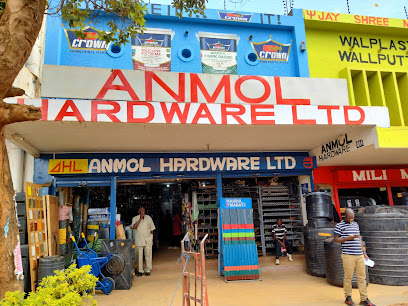
Mikas Shop Chanuka Market
Discover the vibrant Mikas Shop Chanuka Market in Kitale, a cultural gem filled with local goods, fresh produce, and authentic Kenyan flavors.
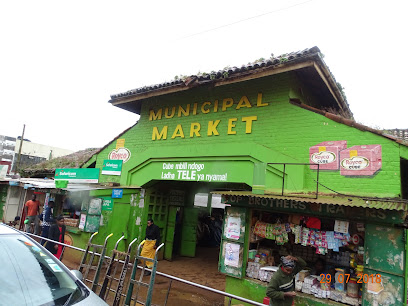
Kitale Woolshop
Discover unique textiles and clothing at Kitale Woolshop, a vibrant shopping destination showcasing local craftsmanship in the heart of Kitale.
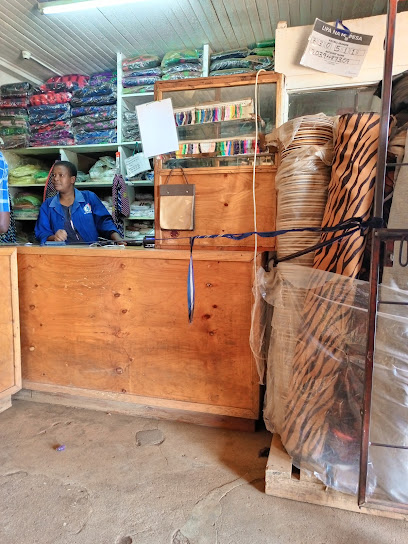
Matunda Stores
Explore Matunda Stores in Kitale for a unique shopping experience filled with local culture and delightful finds.
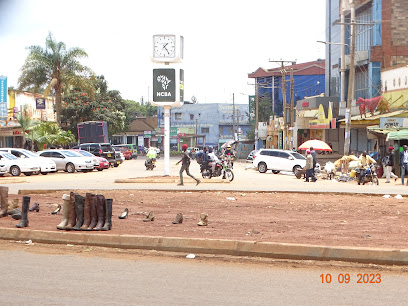
Kibomet Stores
Explore Kibomet Stores in Kitale – your ultimate shopping mall destination for diverse retail and dining experiences in Kenya.
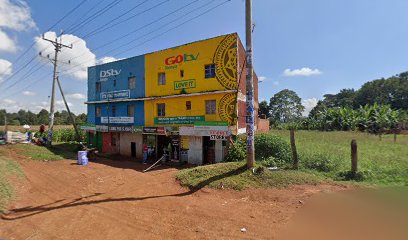
Clife Perfumes & Cosmetics •Perfume Refill In Kitale •Jewellery Shop In Kitale •Watches Shop In Kitale
Explore a world of elegance at Clife Perfumes & Cosmetics in Kitale, where luxury meets local artistry in perfumes, jewelry, and more.
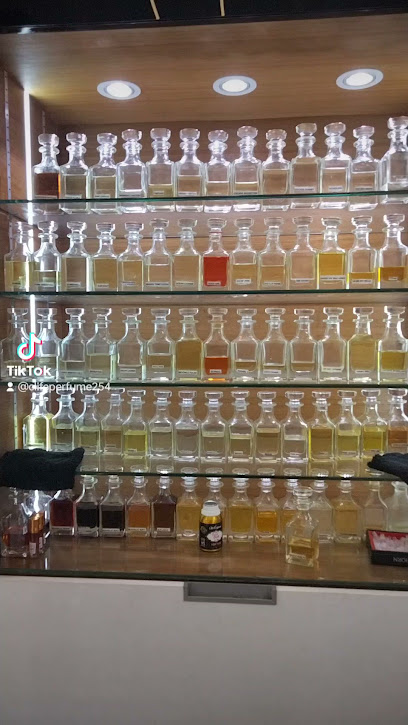
Jalaram Drapers
Explore the vibrant offerings of Jalaram Drapers in Kitale, where quality clothing meets essential agricultural supplies for a unique shopping experience.

Suam Fancy Wear
Discover the vibrant styles at Suam Fancy Wear, Kitale's premier clothing store offering a unique blend of traditional and contemporary fashion.
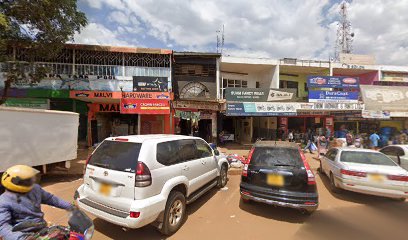
Cyrus's Store
Discover unique fashion at Cyrus's Store in Kitale, where local styles meet modern trends for an unforgettable shopping experience.
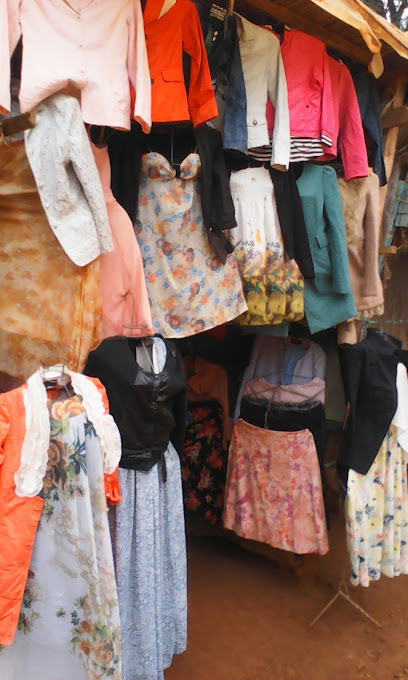
KUTE COLLECTIONS
Discover trendy clothing at Kute Collections, where local fashion meets contemporary style in the heart of Kitale.
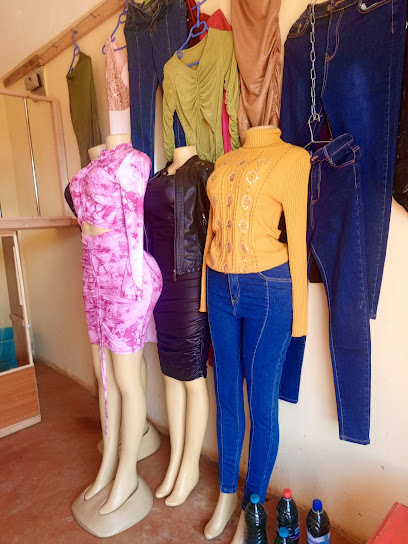
Kitale Elite Supplies
Discover the literary treasures of Kenya at Kitale Elite Supplies, a delightful bookstore in Kitale perfect for tourists and book lovers.
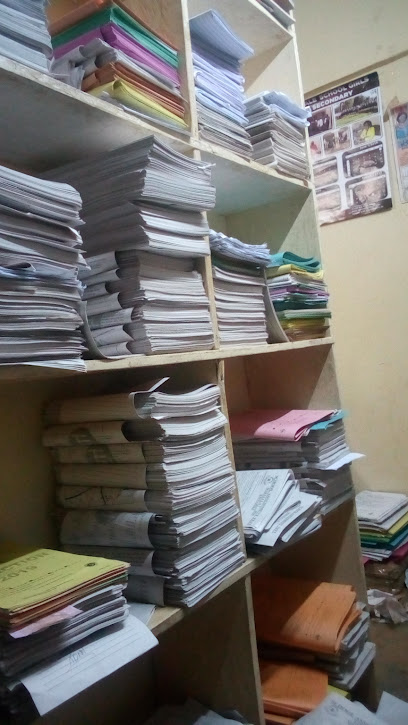
Essential bars & hidden hideouts
Kahuruko Bar
Discover the vibrant atmosphere of Kahuruko Bar in Kitale, where locals and travelers gather for delightful drinks and good company.
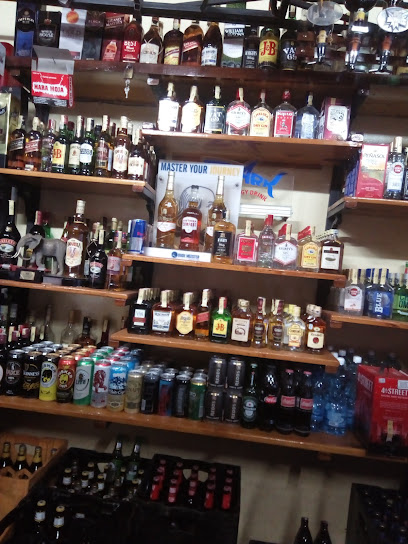
Club Touch On
Experience the vibrant atmosphere and delicious grill offerings at Club Touch On in Kitale, where every meal is a celebration of flavor.
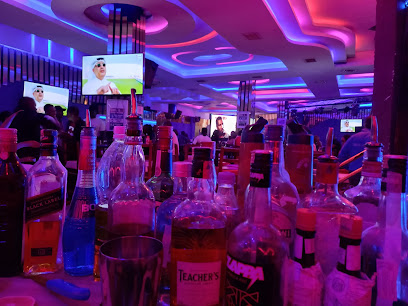
MATISI
Discover the lively bar scene at MATISI in Kitale, where refreshing drinks and local culture blend in a vibrant atmosphere.
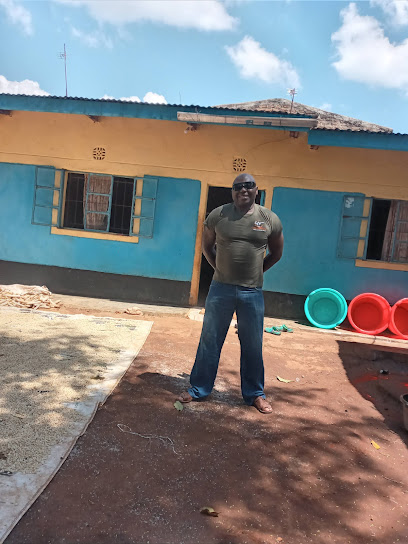
Modern Pub
Discover the lively Modern Pub in Kitale, where local drinks, music, and vibrant nightlife await every traveler.
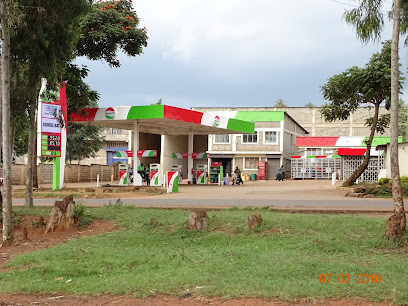
Bongo Bar Kitale
Experience the vibrant nightlife of Kitale at Bongo Bar, where locals and tourists come together for great drinks and live music in a welcoming atmosphere.

Y2 Pub
Experience the vibrant nightlife at Y2 Pub in Kitale, where locals and tourists gather to enjoy drinks and live entertainment in a friendly atmosphere.
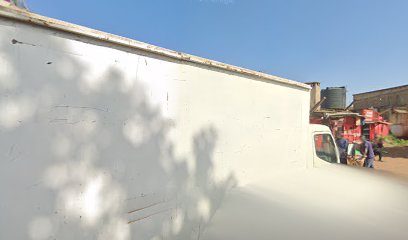
Club Heritage Kitale
Experience the vibrant culinary scene at Club Heritage Kitale, where grilled specialties and a lively atmosphere await every visitor.
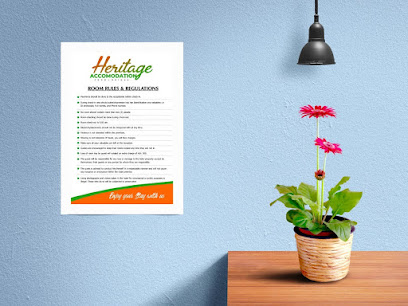
Munyaka Bar
Discover the vibrant nightlife of Kitale at Munyaka Bar, where local culture meets refreshing drinks and friendly faces.
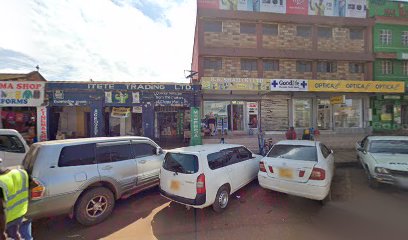
Belasco platinum- kitale
Experience the vibrant nightlife of Kitale at Belasco Platinum, where local culture meets refreshing drinks and lively entertainment.
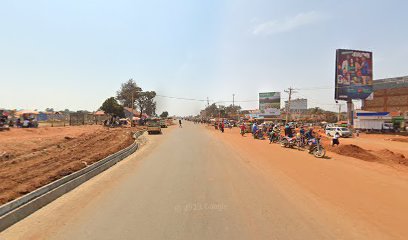
Sweet Waters Pub
Experience the vibrant atmosphere and local flavors at Sweet Waters Pub in Kitale, the perfect destination for relaxation and socializing.
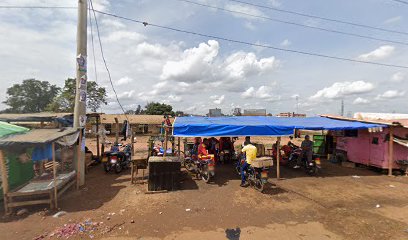
Black lux
Experience the vibrant nightlife at Black Lux, a premier bar in Kitale offering a diverse drink menu and an inviting atmosphere.
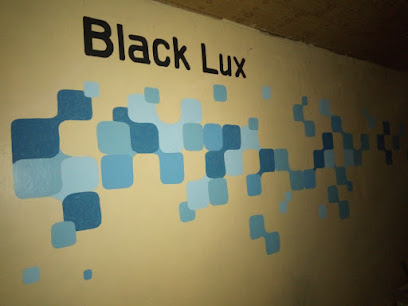
Others Corner Pub
Experience the vibrant nightlife of Kitale at Others Corner Pub, where local charm meets refreshing drinks in a cozy atmosphere.
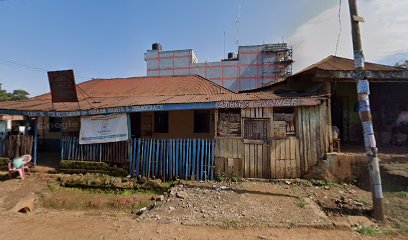
Pavilion Bar & Restaurant
Experience the vibrant flavors and lively atmosphere at Pavilion Bar & Restaurant in Kitale, a top destination for grill enthusiasts and social gatherings.
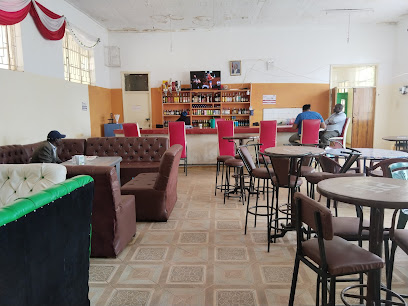
Kitale House
Discover the lively atmosphere and refreshing drinks at Kitale House, a vibrant bar in the heart of Kitale, Kenya.
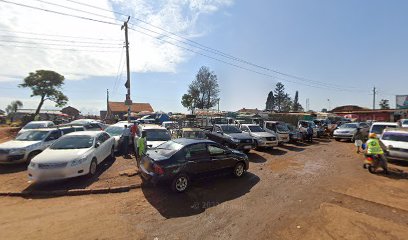
Local Phrases
-
- HelloSalam
[sah-lam] - GoodbyeKwaheri
[kwa-heh-ree] - YesNdio
[nn-dee-oh] - NoHapana
[ha-pah-nah] - Please/You're welcomeTafadhali
[ta-fah-dah-lee] - Thank youAsante
[ah-sahn-teh] - Excuse me/SorrySamahani
[sah-mah-hah-nee] - How are you?Uko aje?
[oo-koh ah-jeh] - Fine. And you?Sawa. Na wewe?
[sah-wah. nah weh-weh] - Do you speak English?Unasema Kiingereza?
[oo-nah-seh-mah keen-geh-reh-zah] - I don't understandSieelewi
[see-eh-leh-wee]
- HelloSalam
-
- I'd like to see the menu, pleaseNingependa kuona menyu, tafadhali
[nee-neh-pehn-dah kwoh-nah meh-nyoo, tah-fah-dah-lee] - I don't eat meatSili nyama
[see-lee nyah-mah] - Cheers!Mambo!
[mahm-boh] - I would like to pay, pleaseNingependa kulipa, tafadhali
[nee-neh-pehn-dah koo-lee-pah, tah-fah-dah-lee]
- I'd like to see the menu, pleaseNingependa kuona menyu, tafadhali
-
- Help!Msaada!
[msah-ah-dah] - Go away!Nenda zako!
[nehn-dah zah-koh] - Call the Police!Piga polisi!
[pee-gah poh-lee-see] - Call a doctor!Piga daktari!
[pee-gah dahk-tah-ree] - I'm lostNimepotea
[nee-meh-poh-teh-ah] - I'm illNinaumwa
[nee-nah-oom-wah]
- Help!Msaada!
-
- I'd like to buy...Ningependa kununua...
[nee-neh-pehn-dah koo-noo-noo-ah] - I'm just lookingNatazama tu
[nah-tah-zah-mah too] - How much is it?Bei ni ngapi?
[beh-ee nee ngah-pee] - That's too expensiveHicho ni ghali sana
[hee-cho nee gah-lee sah-nah] - Can you lower the price?Unaweza kupunguza bei?
[oo-nah-weh-zah koo-poon-goo-zah beh-ee]
- I'd like to buy...Ningependa kununua...
-
- What time is it?Saa ngapi?
[sah-ah ngah-pee] - It's one o'clockNi saa moja
[nee sah-ah moh-jah] - Half past (10)Saa kumi na nusu
[sah-ah koo-mee nah noo-soo] - MorningAsubuhi
[ah-soo-boo-hee] - AfternoonMchana
[m-chah-nah] - EveningJioni
[joh-ee-nee] - YesterdayJana
[jah-nah] - TodayLeo
[leh-oh] - TomorrowKesho
[keh-shoh] - 1Moja
[moh-jah] - 2Mbili
[m-bee-lee] - 3Tatu
[tah-too] - 4Nne
[nn-neh] - 5Tano
[tah-noh] - 6Sita
[see-tah] - 7Saba
[sah-bah] - 8Nane
[nah-neh] - 9Tisa
[tee-sah] - 10Kumi
[koo-mee]
- What time is it?Saa ngapi?
-
- Where's a/the...?Iko wapi...?
[ee-koh wah-pee] - What's the address?Anwani ni gani?
[ahn-wah-nee nee gah-nee] - Can you show me (on the map)?Unaweza kunionyesha (kwenye ramani)?
[oo-nah-weh-zah koo-nee-oh-nyeh-shah (kweh-neh rah-mah-nee)] - When's the next (bus)?Basi la pili litakuja lini?
[bah-see lah pee-lee lee-tah-koo-jah lee-nee] - A ticket (to ....)Tikiti (kwenda ....)
[tee-kee-tee (kwehn-dah)]
- Where's a/the...?Iko wapi...?
History of Kitale
-
Kitale, located in the fertile highlands of Kenya, has long been inhabited by indigenous communities, primarily the Nandi and Luhya peoples. These communities practiced subsistence agriculture, growing crops such as millet and sorghum, and engaged in pastoralism, raising livestock like cattle, sheep, and goats. The region's rich soil and favorable climate made it a desirable location for settlement.
-
The arrival of European settlers in the early 20th century marked a significant turning point in Kitale's history. British colonialists, attracted by the area's agricultural potential, established large-scale farms and introduced new crops such as coffee and tea. This period saw the construction of infrastructure like roads and railways to facilitate the transportation of goods. Kitale became a key agricultural hub, with European settlers building grand homesteads and influencing the local economy and culture.
-
Established in 1926, the Kitale Museum is one of Kenya's oldest museums and plays a crucial role in preserving the region's history and culture. Originally known as the Stoneham Museum, named after its founder Lt. Col. Hugh Stoneham, it houses a vast collection of artifacts, including traditional tools, weapons, and crafts from the indigenous communities. The museum also features exhibits on the natural history of the area, showcasing the rich biodiversity of the Trans-Nzoia region.
-
Following Kenya's independence in 1963, Kitale experienced significant changes. The land previously owned by European settlers was redistributed to local Kenyans through government-led resettlement programs. This period saw a surge in population growth and urban development. Kitale became a melting pot of cultures as people from various parts of Kenya migrated to the area in search of opportunities. The town continued to thrive as an agricultural center, with maize becoming the dominant crop.
-
Today, Kitale is a vibrant town that beautifully blends tradition and modernity. It serves as the administrative center of Trans-Nzoia County and boasts a diverse population. Modern amenities such as schools, hospitals, and shopping centers coexist with traditional markets and cultural festivals. Kitale's economy remains heavily reliant on agriculture, but it has also embraced tourism, attracting visitors to its scenic landscapes, historical sites, and cultural heritage. The annual Kitale Agricultural Show is a highlight, showcasing the region's agricultural innovations and achievements.
Kitale Essentials
-
Kitale is located in the Trans-Nzoia County of Kenya. The nearest international airport is Jomo Kenyatta International Airport in Nairobi, approximately 380 kilometers away. From Nairobi, you can take a domestic flight to Kitale Airport, which is about 7 kilometers from the town center. Alternatively, you can take a bus or hire a taxi for a road trip, which typically takes around 6 to 7 hours. The journey by road offers scenic views of the Kenyan countryside.
-
Kitale is a relatively small town, and many attractions are within walking distance. For longer trips, local taxis and boda-bodas (motorcycle taxis) are readily available and relatively inexpensive. Matatus (minibuses) operate within the town and connect to nearby villages and towns. Renting a car can also be a convenient option for exploring the surrounding areas at your own pace.
-
The official currency in Kenya is the Kenyan Shilling (KES). Credit and debit cards are accepted in most hotels, restaurants, and shops in Kitale, but it is advisable to carry some cash for smaller establishments and local markets. ATMs are widely available in Kitale, and you can withdraw cash using international cards. Mobile money services like M-Pesa are also popular and widely used for transactions.
-
Kitale is generally a safe destination for tourists. However, it is advisable to take standard precautions. Avoid walking alone at night, especially in unfamiliar areas. Areas like Kipsongo Slum have higher crime rates and should be avoided, particularly after dark. Keep an eye on your belongings in crowded places such as markets and bus stations. Always use registered taxis or reputable ride-hailing services.
-
In case of emergency, dial 999 for immediate assistance. Kitale has a local police station and several medical facilities, including Kitale County Referral Hospital. It is recommended to have travel insurance that covers medical emergencies. For minor health issues, there are pharmacies in the town where you can purchase over-the-counter medications.
-
Fashion: Do dress modestly, especially when visiting religious sites or rural areas. Avoid wearing revealing clothing. Religion: Do respect local customs and traditions. Always remove your shoes and cover your head when entering places of worship. Public Transport: Do be respectful and give up your seat to elderly passengers. Don’t eat or drink on public transport. Greetings: Do greet people with a handshake. A friendly nod and smile are also appreciated. Eating & Drinking: Do try local delicacies and accept food offerings graciously. Don’t refuse hospitality, as it is considered impolite.
-
To experience Kitale like a local, visit the Kitale Market where you can buy fresh produce and traditional Kenyan goods. Engage with locals, as they are often friendly and willing to share stories about the town's history and culture. Don’t miss visiting the Kitale Museum, which offers insights into the region's natural and cultural heritage. For a unique experience, take a hike in Mt. Elgon National Park or visit Saiwa Swamp National Park for a chance to see the rare Sitatunga antelope.
Trending Landmark in Kitale
Nearby Cities to Kitale
-
Things To Do in Eldoret
-
Things To Do in Mbale
-
Things To Do in Kisumu
-
Things To Do in Nakuru
-
Things To Do in Jinja
-
Things To Do in Naivasha
-
Things To Do in Lira
-
Things To Do in Kampala
-
Things To Do in Entebbe
-
Things To Do in Nairobi
-
Things To Do in Gulu
-
Things To Do in Masaka
-
Things To Do in Bukoba
-
Things To Do in Mwanza
-
Things To Do in Arua






